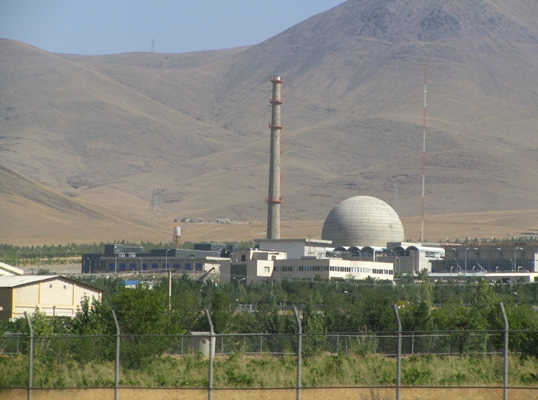Speaking to reporters on the sidelines of a ceremony held in Tehran, Foreign Minister Mohammad Javad Zarif said the move is part of Iran’s rights under the text of the nuclear deal.
The move came as part of a decision by the Islamic Republic of Iran to reduce some of its commitments under the Joint Comprehensive Plan of Action (JCPOA) in reaction to the US violation of its commitments and the Europeans’ failure to live up to their obligations.
The Atomic Energy Organization of Iran (AEOI) first announced on June 17 that the country would speed up enriching uranium at the level of 3.67% and its stockpiles would exceed the 300kg limit within 10 days.
The AEOI spokesman, Behrouz Kamalvandi, said the increase in uranium stockpiles was based on the Articles 26 and 36 of the JCPOA.
He also announced that the country’s heavy-water stockpiles will exceed the 130-tonne limit set by JCPOA within 2.5 months.
He noted that the decision is reversible in case other parties to the deal implement their commitments.
“Europeans still have time to compensate, but if they want more, it means either they cannot or they do not want to fulfill their commitments,” he noted.
The announcement came almost 40 days after Iran gave the Europeans a 60-day deadline to live up to their commitments under the nuclear accord; otherwise, Iran has vowed to take “further measures” after the two-month period.
Iran will make decision about the level of its uranium enrichment after the 60-day deadline, Kamalvandi said.
We’re waiting for the decision of the country’s top authorities, but for now we are thinking of different scenarios including an enrichment level of 3.68 percent and more, he noted.
The level can be 5 percent for Bushehr nuclear power plant, and 20 percent for Tehran research reactor, he predicted.
“With current facilities, we have a production capacity of 190,000 SWUs. In the 15th year of the JCPOA (11 years later), we will have a capacity of 272,000 SWUs. If we withdraw from the deal, the speed will be much higher.”
